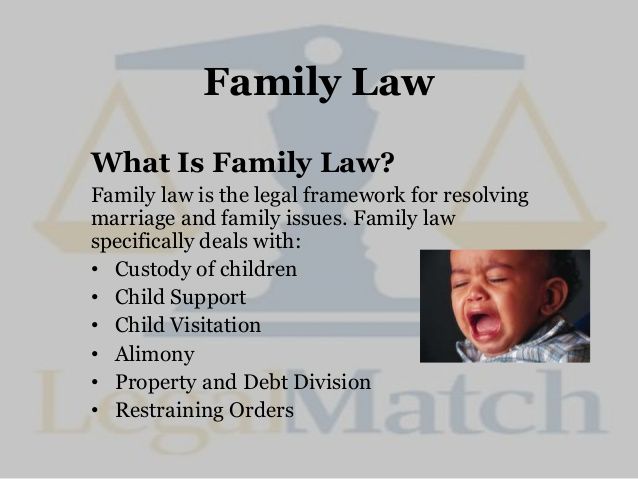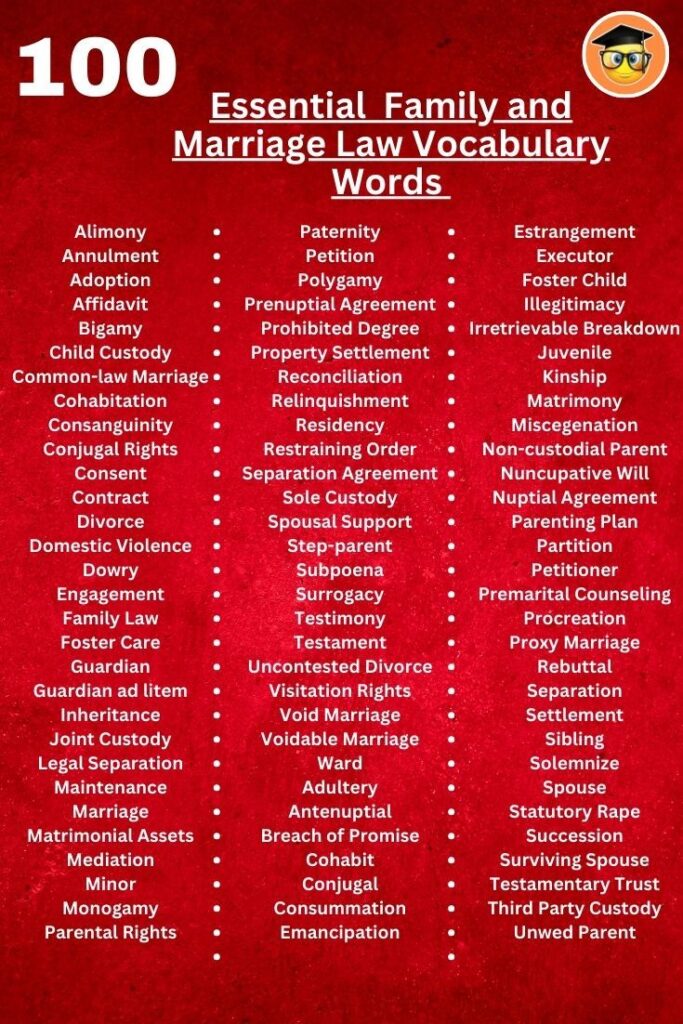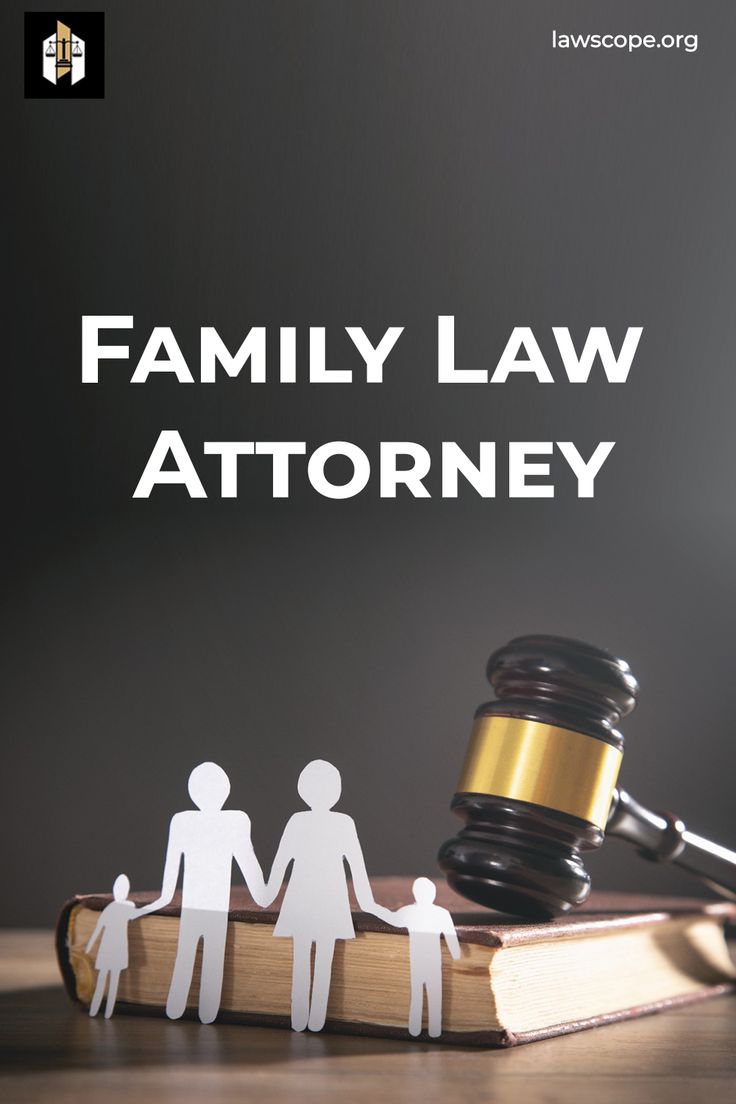When navigating legal issues related to family matters or divorce, understanding the roles of family law and divorce lawyers is essential. While these terms are often used interchangeably, there are distinct differences in their expertise and the services they provide. This guide will help clarify their roles and how to choose the right lawyer for your needs.

1. Understanding Family Law Lawyers
Family law lawyers handle a broad range of legal issues that affect families. Their scope of practice includes:
- Child Custody and Visitation: Advocating for parental rights and arranging custody agreements.
- Adoption: Assisting with domestic and international adoption processes.
- Prenuptial and Postnuptial Agreements: Drafting legal agreements that outline financial terms in marriage.
- Guardianship: Establishing legal guardianship for minors or incapacitated adults.
- Domestic Violence Cases: Representing victims or defendants in restraining order cases.
Key Traits:
- Expertise in various aspects of family law beyond divorce.
- Focused on long-term family dynamics and solutions.
2. Understanding Divorce Lawyers
Divorce lawyers specialize in handling cases related specifically to marital dissolution. Their primary responsibilities include:
- Property Division: Negotiating the equitable distribution of assets and debts.
- Spousal Support (Alimony): Ensuring fair financial arrangements post-divorce.
- Child Support: Calculating and enforcing child support obligations.
- Divorce Litigation: Representing clients in contested divorce cases in court.
- Uncontested Divorce: Facilitating amicable separations with minimal conflict.
Key Traits:
- Expertise in divorce-specific laws and procedures.
- Strong negotiation and litigation skills tailored to marriage dissolution.
3. Key Differences Between Family Law and Divorce Lawyers
Scope of Practice:
- Family law lawyers address a wide array of family-related issues.
- Divorce lawyers focus solely on the dissolution of marriage.
Client Needs:
- Family law lawyers are ideal for non-divorce-related family issues.
- Divorce lawyers are best for managing the complexities of ending a marriage.
Legal Strategies
4. When to Hire a Family Law Lawyer
Consider hiring a family law lawyer if you are dealing with:
- Adoption proceedings or guardianship cases.
- Child custody disputes that aren’t directly tied to divorce.
- Prenuptial or postnuptial agreement drafting.
5. When to Hire a Divorce Lawyer
Opt for a divorce lawyer if your case involves:
- Division of significant assets or debts.
- Disputes over spousal or child support.
- Contested divorce requiring court intervention.

6. Choosing the Right Lawyer for Your Case
Assess Your Needs:
- Identify whether your case is focused on divorce or broader family law issues.
Research Specializations:
- Look for lawyers who have experience in handling cases similar to yours.
Initial Consultation:
- Many lawyers offer consultations to discuss your case and determine a fit.
Conclusion
Understanding the differences between family law and divorce lawyers can help you make informed decisions during challenging times. By identifying your specific legal needs and researching potential lawyers, you can find the right professional to guide you through your case. Whether you require assistance with family matters or divorce proceedings, having the right legal support can make all the difference.
